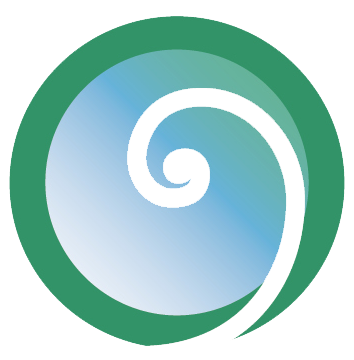The Alexander Technique is a place of refuge. “Refuge” is a Buddhist term that can mean different things to different people, but essentially it points to how the practice of present moment awareness provides a resting place, an unhooking from our conditioned way of being, a return to center, a renewal of wholeness. It’s akin to the notion of “sanctuary,” in the sense of abiding in a sacred space and being protected there. As a practitioner of Vipassana meditation, I am still at the beginning of my understanding of Refuge. As an Alexander teacher and lifelong student, I have daily experiences of what I can legitimately call “taking refuge,” and for that I feel boundlessly grateful.
Awareness = Choice
Awareness = Choice. It’s an equation I have experienced many times under a variety of conditions. Until we’re aware of something, we cannot make authentic and fresh responses, but remain reactive in our fixed ideas. If I want to change a habit, I must first know it thoroughly, catch it as it arises. One of the most common habits is known as endgaining. Endgaining is an Alexander term for getting ahead of ourselves, pushing forward no matter what else might be happening in the present. Endgaining causes dysregulation in the body, is in fact dysfunctional thinking. There are many examples of endgaining in our culture: No pain, no gain. Lean in. Just do it. We are rewarded for reaching the goal, not for the way we get there.
Care and Curiosity
What To Do When You Feel Lost
Do you ever feel lost in your own life? In spite of the privilege, the accomplishments, the satisfaction in certain key relationships, people often tell me that they feel disoriented or confused about how they got to where they are or how to move forward, and what steps they should take to do so. Although specific situations sometimes prompt this feeling, it has less to do with external circumstances and is typically more about how one relates to those circumstances.
The Generosity of Attention
Generosity is a wonderful thing to keep in mind, because it instantly transforms the attitude and energy of any given situation. Although we typically think of financial giving when we hear this word, there are many ways to be generous. One of the most powerful ways is to give full attention to something or someone.
3 Ways to Breathe Free
Don't Do Something, Sit There
Are you sitting right now? Chances are good that you are, and if so, let me ask you something: Did you choose the way you are sitting, the arrangement of all the body parts? For most of us, the answer is no. Sitting is so common, and we have been doing it for so long, that we really pay almost no attention to it until something hurts, or until someone asks us to notice. (Did you change your position when you read the question about choice just now? Bet you did.)
Upright but not Uptight
Most people practice sitting meditation, either in the classic crossed-leg lotus position, or in a chair. A majority of meditators complain about pain or discomfort while sitting in meditation, at least after more than 20 or 30 minutes, and/or over a long period of practice, such as on retreat. While the practice encourages the acceptance of discomfort as it arises, and there are mindful ways to respond to pain during meditation, it makes sense to establish a balanced, easy pose in the first place. What does Alexander Technique offer in support of this?
Five Limbs
Whenever I notice my jaw clenching, I let it go. It's a simple solution that works every time. There's nothing subtle or complex about it. Releasing the jaw is easy to do, when you know what it is you want to release. Here are some facts that are important to understand if you want to ease your jaw tension
At A Time Like This
When violence and injustice thrust their way into our collective lives we may want to lash out or shut down or tighten up or collapse in a heap. Sometimes all at once. Many people rush into trying to rescue others, wanting to comfort and care for the wounded and hurting. This is usually well-intentioned, and the body-mind will tolerate it temporarily, but day after day, unless self-care is primary, depletion and burnout are the result.
At a time like this, learning to pause and replenish is skillful.
Primary Engagement
Ever had a movement experience that was so unified, so much in the flow, that it felt like the running/walking/biking/swimming was doing itself? Your primary control was fully operational. A healthy relationship between your head, neck, and back was possible, and it triggered this organizing reflex, which then in turn clarified the relationship of all the parts to the whole.
Leaping Into Mindfulness, Part One
Gimme Your Digits
Waves of Breath
The Suspense is not Killing Me
The Power of Walking Backwards
I often ask my Alexander students to explore walking backwards, because it provides so much useful information. It bypasses habitual assumptions about our bodies in motion and our relationship to the space we're in. For starters, how often do you move with an awareness of the space behind you? Are you, in fact, including what's in back of you right now (or to the side or above or below you)?





















